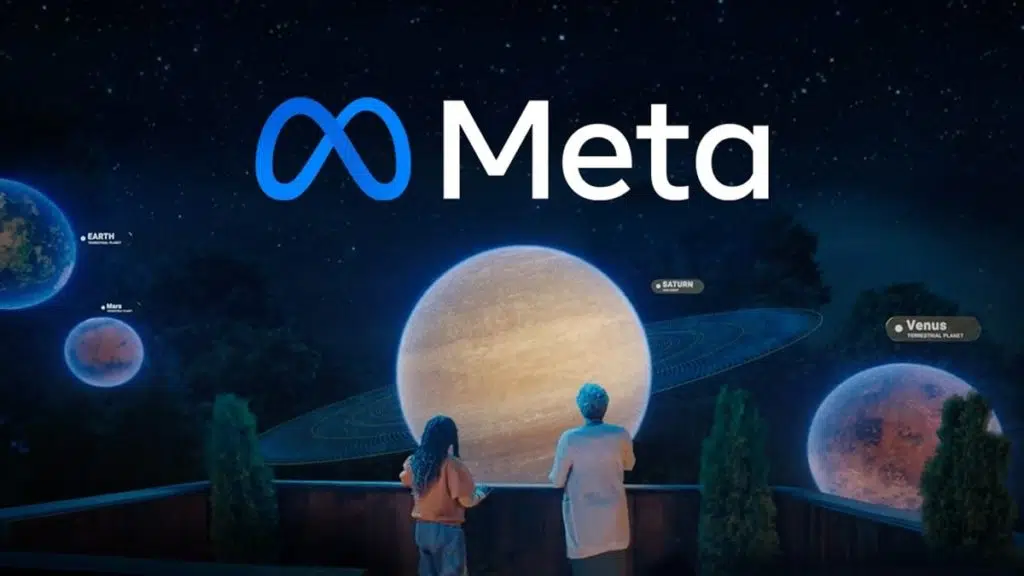
Former Valve Economist Yanis Varoufakis recently gave an interview in which he shared some interesting insights into digital economies. These days, it’s difficult to go even one day without a company, or some form of news media, mentioning either cryptocurrency, NFTs, or perhaps the new Metaverse, but he explains that Valve saw a digital marketplace where players were already interacting with each other over 10 years ago.
Ten years ago, the metaverse was already up and running within gaming communities. Valve’s games had already spawned economies so large that Valve was both excited and spooked. Some digital assets that had previously been distributed for free (via the game’s drops) began to trade for tens of thousands of dollars on eBay, well before anyone had thought of NFTs.
What spooked people at Valve, which he jokingly said caused some loss of sleep, was “What if the prices of these spontaneously lucrative items and activities were to crash?” The idea that virtual economies, which saw no state- or country-based borders, could affect multiple real-world economies, was a revelation no one at Valve had expected. After all, Valve was mainly in the market to sell games. This point further manifested itself when he received an email that said, “Here at my company we were discussing an issue of linking economies in two virtual environments (creating a shared currency) and wrestling with some of the thornier problems of balance of payments.” He doesn’t reveal the source of the email, but it is clear others began to think of how to manage virtual economies across the globe and the details for its management with physical borders.
On the other side of the virtual fence are the gamers who mainly just want to play games but have also expanded their social activities within gaming. Valve had already witnessed how players had begun trading, and selling, in-game collectibles in the real world, but also developed relationships. This social, and business-related, activity showed that metaverses were in full swing.
Today, a decade later, it is clear that gaming communities like the one I studied at Valve have been operating as fully-fledged metaverses (to use Zuckerberg’s term). Gamers were drawn to them by the game but, once ‘inside’, they stayed to live out a large part of their life, making friends, producing goods for sale, consuming entertainment, debating, etc.
The Rise of NFTs
All of these activities have eventually evolved into NFTs, which in turn are tied to the blockchain and cryptocurrency. He explains that “The blockchain cuts out the company (e.g. Valve) and it allows the digital asset to emigrate from the game/realm that spawned it to any other digital realm.”
When asked about potential ethical and ownership concerns with NFTs, Mr. Varoufakis compares them to real-world commodities. In the real world, value can be determined by both utilitarian uses and the bragging rights associated with branding. Retail outlets such as Sotheby’s and Christie’s built monopolistic empires based on branding and now have a new contender with NFTs, which only have value to those who have or care about them and, once again, bragging rights. He doesn’t see NFTs as inherently subversive and that they ‘[i]n no way subverts the structure of property rights creating and underpinning the oligarchy’s exorbitant power over the many.” However, he doesn’t stop short of how there is a risk of something more concerning when relating to the recent phrase “play to earn” that some game publishing execs have been using increasingly more.
As long as we do not have these mechanical slaves catering for humanity as a whole (and not just producing commodities owned by the 1% of the 1%), the idea that people must now play like robots to earn a living so as to be human in their spare time is, indeed, the apotheosis of misanthropy.
To be fair though, some gamers around the world have been living in a play-to-earn state of being for some time. He also explains that from game streaming to designing in-game collectibles, Valve has seen the benefits of this type of income, as it has helped those in impoverished countries avoid sweatshop employment.
He summarizes the very lengthy, and in-depth interview, by stating that capitalism as we have known it is dying and that “Technofeudalism is a new system in which the techno-lords are extracting a new power to make the rest of us do things on their behalf.” Throughout the interview, he cites individuals such as Jeff Bezos, Elon Musk, and Mark Zuckerberg as some of the emerging techno-lords who are amassing a new power.
This new power comes from investing in a new form of capital (command capital) that allows them to amass a new type of value (command value) which, in turn, grants them the opportunity to extract surplus value from (i) vassal-capitalists, (ii) the precariat, and (iii) everyone using their platforms to produce on their behalf, unconsciously, even more command capital.
Source: The Crypto Syllabus (via PC Gamer)
